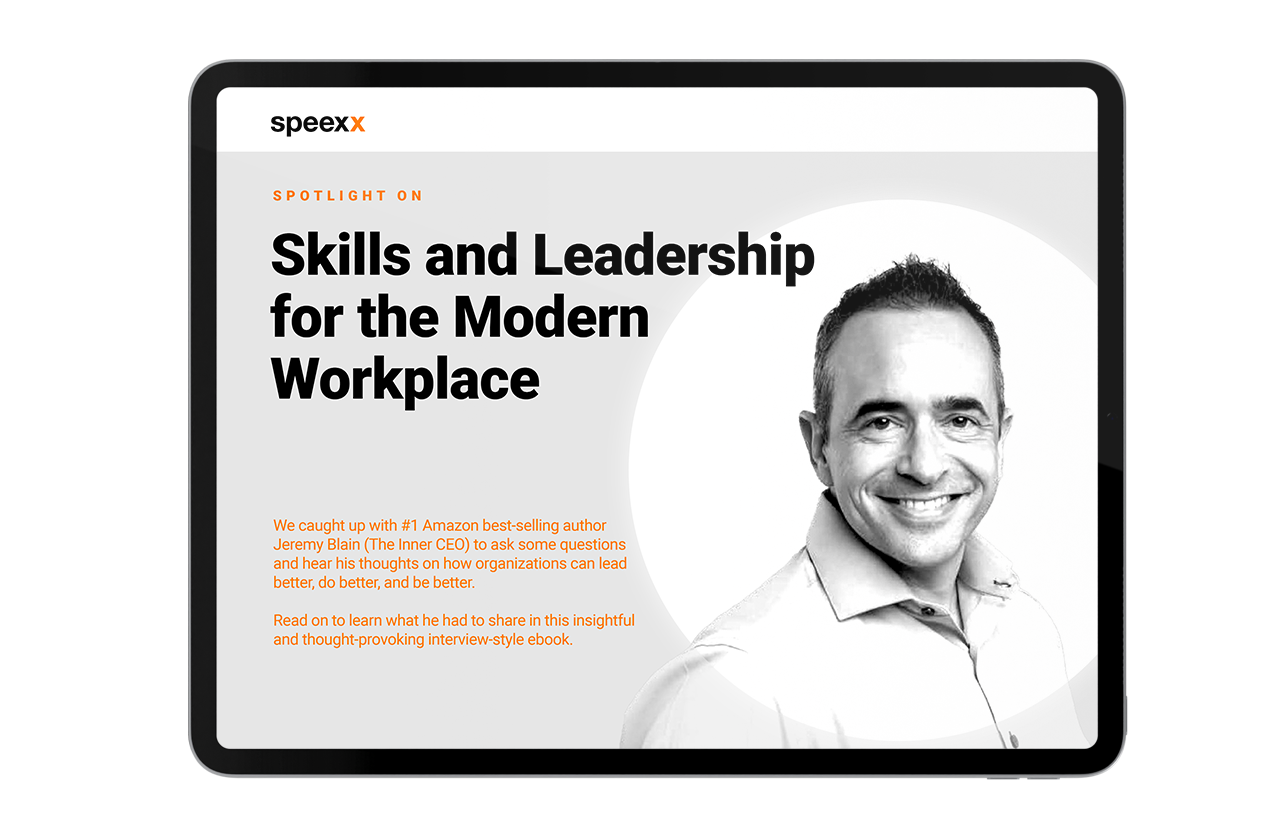The modern workplace is evolving at breakneck speed, and it’s incumbent on us all to bring back the love of learning and lead through a human-centered lens.
This begins by embarking on our own individual learning journeys and ‘unlearning’ the old so that organizations ‘relearn’ the new and grow together. How can we all learn and lead from within organizations in a new 21st century way, against the backdrop of uncertainty, to shift from survival mode into thrive mode?
What do you see as the most essential skills needed for the modern workplace?
The first are the new skillsets, which include remote working and how we work today.
For example, new ways of making decisions and speeding up what we do. This includes data analytics, data-driven decision making, and data visualization. Gone are the days when we’ve had meeting after meeting, PowerPoint slide after PowerPoint slide. With data visualization, we can all get on board quickly with what we need to know and move to decisions and co-working.
Agile working is also key. And of course, the obvious one — virtual collaboration. But, with a more dispersed workforce, and with way more challenges for leaders and managers these days, it’s my firm belief that we need to empower the organization at levels never seen before.
The next is something that I call ‘new light through old windows.’ That’s more about, as I call it, ‘one degree different’ skills. There might be similar skillsets that we’ve had up to this point, but with a lens of a decade ahead. We know that we’re working into the new normal of hybrid working — and we’ll have a much more dispersed workforce. Leading and managing in the digital and dispersed world is key.
It’s my firm belief that we’ve lost the art of coaching in many of our organizations. It’s key to get managers back into a coaching mindset, which leads to growth mindsets, and creating a culture where that support is the real driver of the magic within our people.
The third point covers the skillsets and the behaviors that are implicit and that we don’t often make explicit — which we refer to as the ‘human-centered skills.’ These have come out more, of course, because of the pandemic. As we emerge from that, there is much more focus on human-centered leadership and management, human connection, wellbeing, and mental health. Training around all of these things must come front and center now.

Download and read the full interview-style ebook here
How can those skills be best built by leaders?
Leaders need to focus on themselves first, because as much as we’ve just talked about the need for new learning, leaders similarly also need to go through the learning journey again. A lot of those skills I talked about before — digital skills, co-working, collaboration, online — are done quite readily by our Millennial and Generation Z workforces.
In fact, some organizations like Citibank and DBS, are practicing reverse-mentoring as commonplace. They’re taking Millennials into the boardroom, they’re talking about using these digital tools and digital ways of working; and of course, they are getting something from it as well. If leaders can step up and say, “We need to go on a learning journey first,” then I think that’s a great point because the organization learns together.
As an organization, the leaders go through that process and it’s about unlearning as much as it is about relearning. We must unlearn old habits, and we need to practice ‘habit stacking’ for our new skills. We need to get used to doing things in a different way using our communication and collaboration apps rather than e-mail, for example, and getting out of those old habits. It’s not just leaders or managers, it’s everybody in the organization that has been there for a while. The risk for everyone is that we’ve forgotten how to learn.

